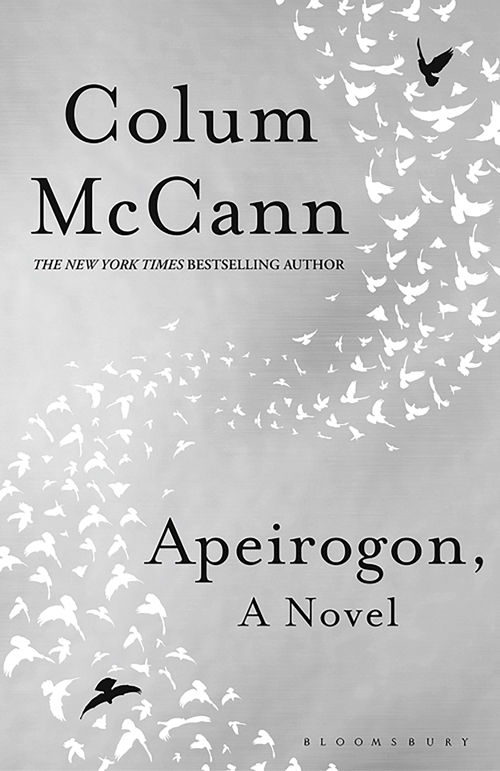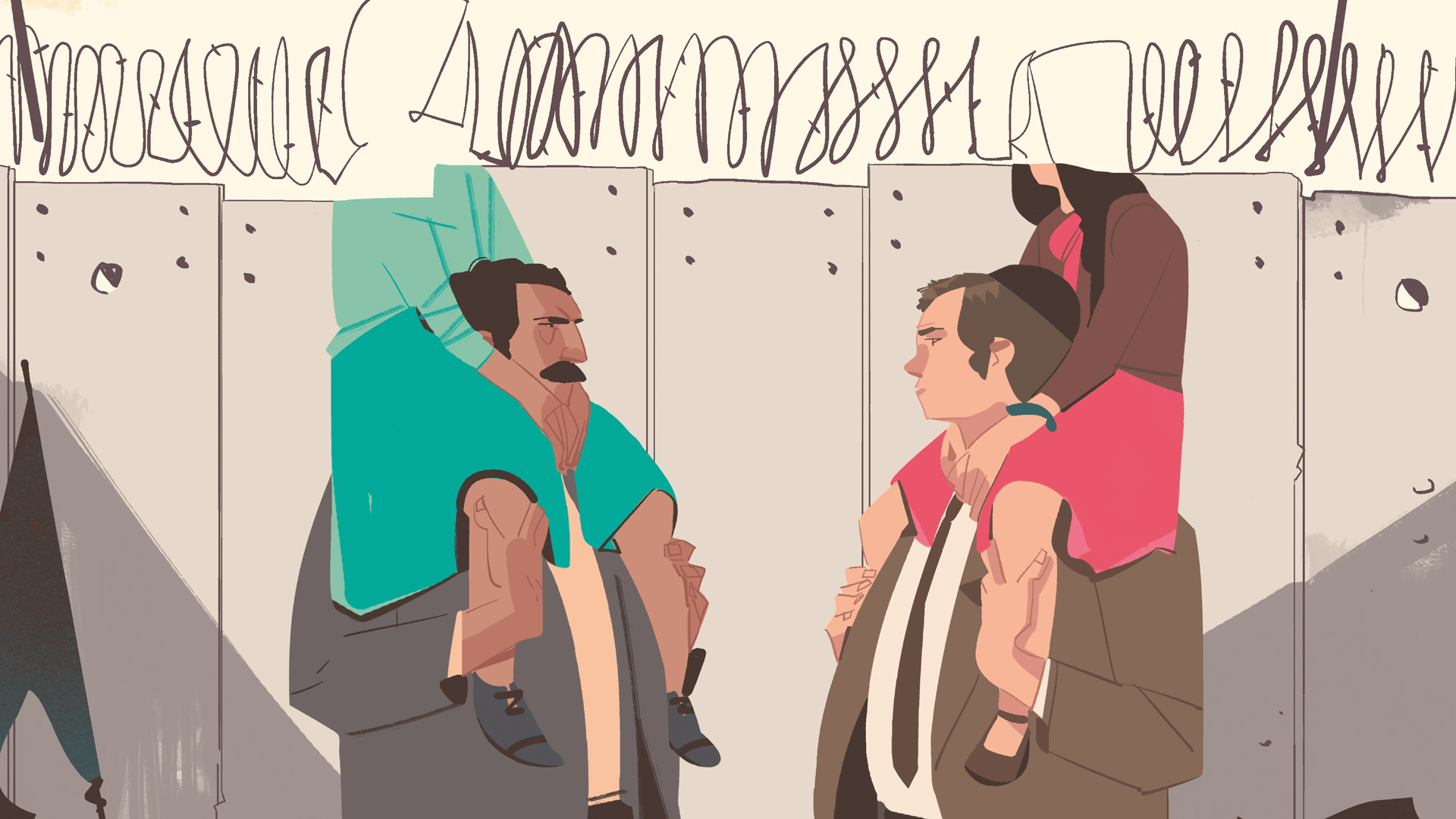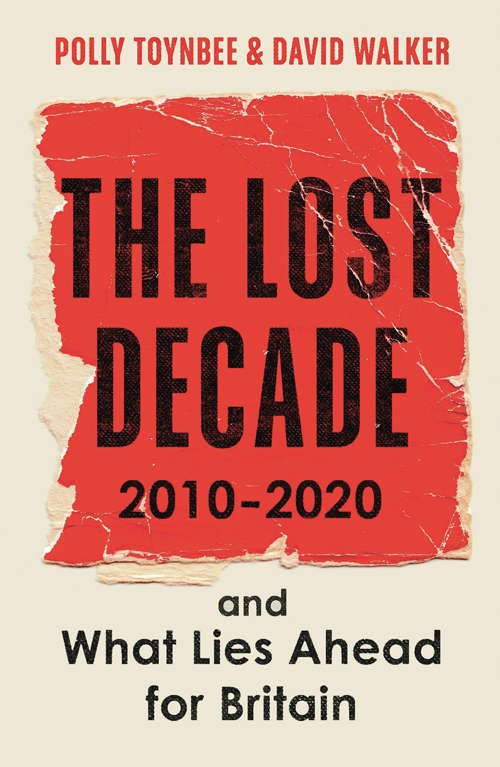One of my many disreputable reading habits is a tendency to flick to the end. When I am finding a novel hard work, I skip ahead in a similar way I used to behave as a child in church – just one more Bible reading and the communion until we can go! – counting down the pages I have to endure until the ordeal is over.
The more unsatisfying I find the experience, the more of the back of the book I read. I very rarely abandon a bad book – I just find that eventually I’ve read the same page twice: once by getting there in the normal way, once by skipping ahead. When I enjoy a novel, I don’t gobble up whole chapters in the same way – but I still flick to the end if a character I am invested in is in jeopardy, or to check if a marriage survives.

I am significantly more disciplined when I read non-fiction, but that is, I suppose, because while I loved, say, Margaret Macmillan’s The War That Ended Peace, I have a pretty good idea how a book about World War 1 is going to end. When I dislike non-fiction, I just tend to give up entirely.
That did at least help settle the question of whether Apeirogon is fiction or non-fiction. The highly anticipated novel from treasured son of Dublin/ multiple award-winning writer Colum McCann is an account of two fathers – one Israeli, one Palestinian. They are divided by experience, work, life, and of course nation. But they are ultimately united, by conflict and by grief.
As topics go this ought to be my dream book: I love connecting narratives (the title means a shape of infinite sides). But the difference is that the two men at the centre of the novel are real. Much around them is fictionalised, but the central stories are factual.
I was intrigued by the idea but the execution didn’t work: it lacked the genuine thrill of a novel or the feeling of being genuinely improved or stretched from a good work of non-fiction. But, like a novel, I didn’t abandon it – I just realised halfway through that I had bumped into myself.










